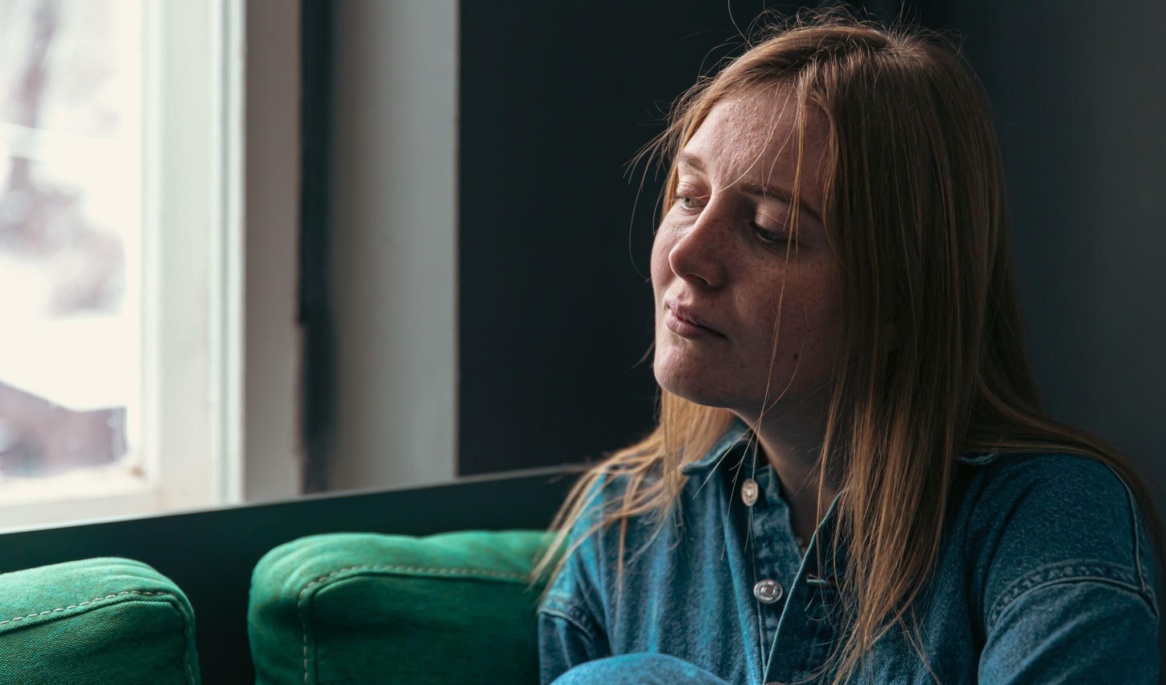Domestic or family violence can be an extremely distressing and challenging issue for anyone to deal with. Everyone deserves to feel safe and protected in their own home, around their loved ones and in their lives. Unfortunately, domestic or family violence is all too common, and its impact can be far-reaching, affecting not only the victim but also their family and community.
In Queensland, a protection order is one way to protect yourself or someone close to you from domestic or family violence. In this article, we will explore what a protection order is, who can apply for one, and how to apply for one. We will also discuss the grounds for obtaining a protection order, how long it lasts, and whether it can be cancelled after filing. Our aim is to provide you with accurate and helpful information so that you can make informed decisions and take steps to protect yourself and your loved ones.
With a compassionate and pragmatic approach, Daykin Family Law’s domestic violence lawyers can help you navigate the often daunting legal landscape and ensure the best course of action is taken for you. Contact us today to find out how we can help you.
What is a protection order?
A protection order is an order of the Court essentially designed to protect a person or persons from domestic or family violence. Domestic or family violence is broadly defined in the Domestic and Family Violence Protection Act 2012 (Qld) as behaviour that causes physical, sexual, emotional or psychological harm or abuse, including economic abuse or coercive behaviour.
A protection order can prohibit the person against whom it is made from committing further acts of violence, approaching or contacting the protected person, or entering specified premises, as just some examples. It can also require the person to attend counselling, not possess firearms or weapons, or pay compensation for damage or loss caused by their behaviour.
Breaching or ‘breaking’ a protection order can be a criminal offence and can result in serious consequences, including fines and imprisonment.
Who can apply for a protection order?
Any person who is experiencing domestic or family violence, or who fears such violence, can apply for a protection order. This includes
- The aggrieved (person who requires protection)
- A person authorised by the aggrieved
- A police officer
- A legal guardian
- A party to a child
Grounds for obtaining a protection order in Queensland
A court may make a protection order against a person for the benefit of another person if the court is satisfied that:
- A relevant relationship exists between the aggrieved (person who the order would protect) and the respondent (the person who the order would be made against). This means an intimate personal relationship, a family relationship or an informal care relationship;
- The respondent has committed domestic violence against the aggrieved;
- The protection order is necessary or desirable to protect the aggrieved from domestic violence.
Here is a non-exhaustive list of the types of behaviour which may give rise to an application for a protection order:
- Physical abuse, such as hitting, pushing, or restraining a person.
- Sexual abuse, including any unwanted sexual contact or behaviour.
- Emotional or psychological abuse, such as belittling, humiliation, or verbal abuse.
- Economic abuse, such as controlling a person’s finances or withholding money.
- Coercive and controlling behaviour, such as limiting a person’s social or personal activities, controlling their movements or communication, or isolating them from their support network.
- Stalking or harassment, such as persistent or unwanted contact, surveillance, or following a person.
- Damaging or threatening to damage a person’s property or possessions.
- Threatening or intimidating behaviour, such as making threats or displaying violent behaviour.
- Forcing or attempting to force a person to do something against their will, such as taking drugs, committing a crime, or engaging in sexual activity.
It is important to note that even if the behaviour does not fit squarely into one of these categories, it may still be considered domestic or family violence and may be grounds for obtaining a protection order.
How to apply for a protection order
The Queensland Government’s website has some detailed information about Applying for a Domestic Violence Order. Our trained and experienced family lawyers can assist you at every step of applying for a protection order, from drafting the application, filing it with the Magistrates Court and attending Court on your behalf.
If you are in a dangerous situation and need urgent help, please dial 000. Alternatively, you can also seek housing in a women’s refuge by dialling 1800 811 811.
How long does a protection order last?
A protection order can last for up to five years. However, depending on the case, the court may make an order for a shorter or longer period or until further order.
Can you cancel a protection order?
A person against whom a protection order has been made can apply to the court to alter or cancel or revoke the order. This is known as an application to vary the protection order. It is possible to ask the court to change any domestic violence order, even if the original application was made by a police officer.
If the court agrees to the changes requested, it will issue a varied order, otherwise, the current domestic violence order will remain in place. Some of the changes that can be made to current orders include adding or removing conditions, adding or removing named people, and extending or reducing the time the order is in force. Ultimately, whether the protection order can be revoked or varied depends on the specific circumstances of the case and the court’s decision.
We are here to help
At Daykin Family Law, we understand that experiencing domestic or family violence can be a daunting and distressing situation. We believe that everyone deserves to feel safe and supported, and we are here to help. Our team of experienced domestic violence lawyers has extensive knowledge and experience in representing both aggrieved parties and respondents in Protection Order matters and Court proceedings.
We can provide you with clear guidance and determined advocacy to help you navigate this complex area of law and ensure the best outcome for you and your loved ones. If you or someone you know needs help with domestic violence issues, please do not hesitate to contact us. We are here to support and assist you every step of the way.



















